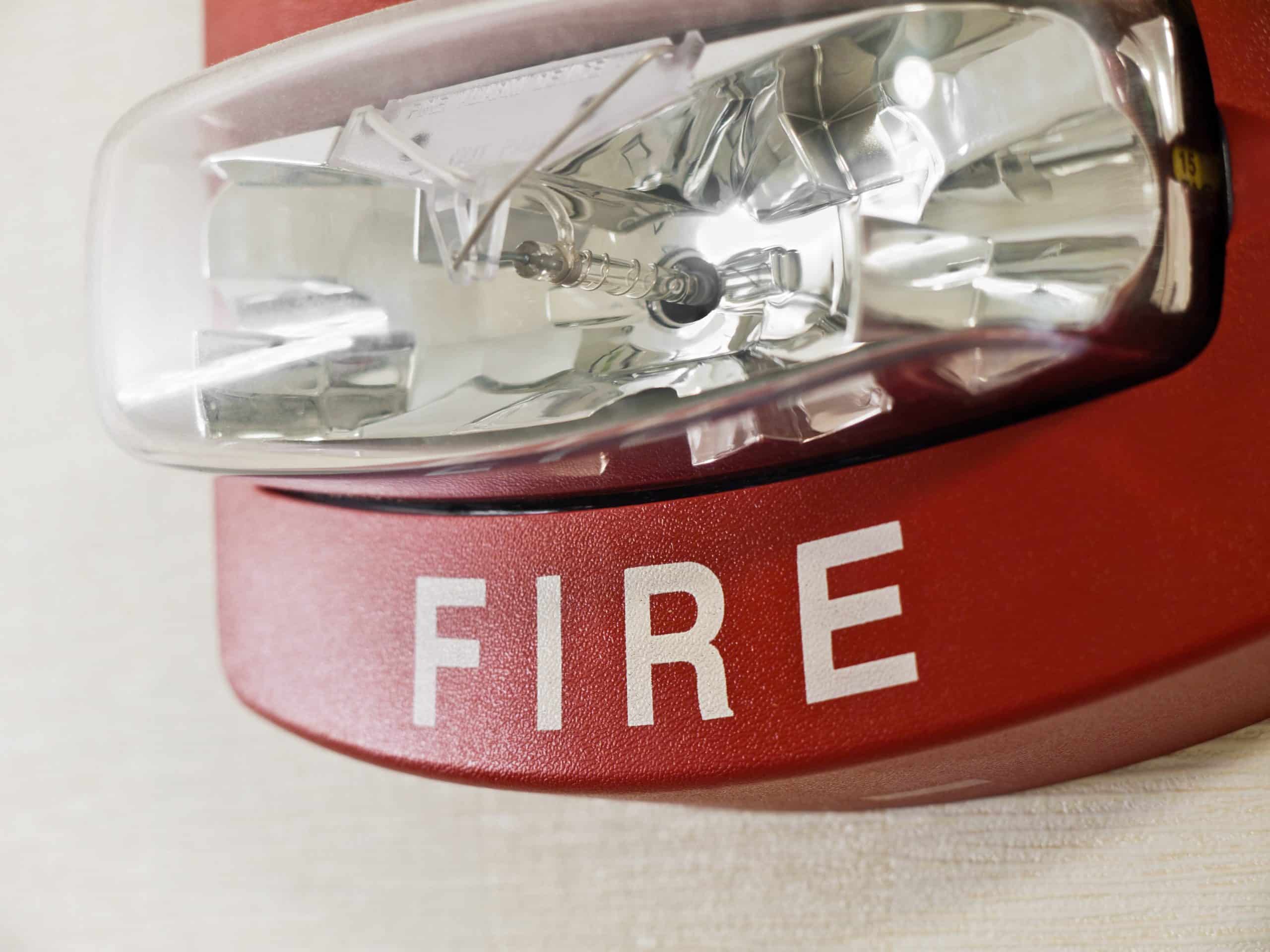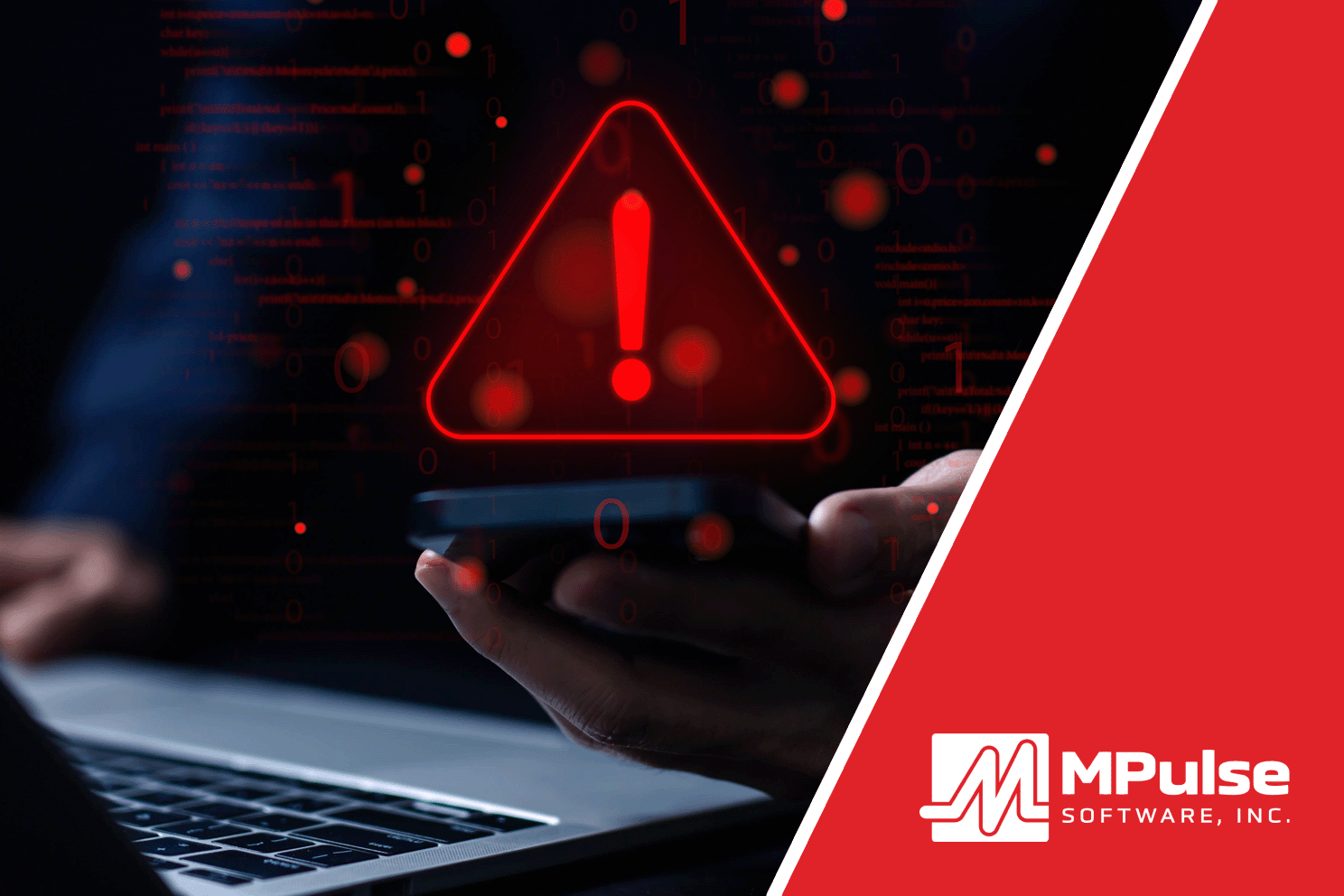When I visit with MPulse customers, I ask a lot of questions like, “What takes up the most time in your day?”
I almost always hear the same response from facility managers—fire protection systems and safety inspections.
It makes sense. Fire protection is a key component of the health and safety of building occupants. So spending that time wisely makes a big impact on your workload.
“Fire safety and related systems take up about 15-25% of my work week,” said Joe, a facility manager for a medium-sized healthcare organization in the Southwest. “Making those tasks more efficient has a big impact on what I can accomplish.”
Time management was one of the biggest reasons Joe’s organization invested in CMMS software about four years ago.
“We had Excel spreadsheets and printed checklists,” he said. “But keeping the paperwork updated was taking more time than doing the actual tests and inspections.”
Table of Contents
Fire Protection Systems Maintenance
Joe’s team of 12 maintenance technicians are responsible for the inspection, testing, and maintenance of the organization’s fire protection system—which includes fire extinguishers, automatic sprinklers, fire alarms, heat sensors, and other equipment.
“Letting these tasks fall through the cracks is not an option,” Joe said. “People’s lives are at stake.”
When Joe started using MPulse, he began by documenting all fire safety equipment as well as the inspections and tests that needed to be done on a regular basis. He also recorded vendor information, such as the company he uses to conduct standpipe flow tests, which are required every five years.
“It took some time,” Joe said. “But it paid off. Having that information at my fingertips makes all the difference when things are busy. And things are always busy around here.”
For example, Joe’s team maintains more than 500 fire extinguishers alone. The location and equipment information of each one is documented in MPulse—helping his team quickly see what needs to be tested, what needs to be replaced, or what has gone missing.
“Imagine trying to keep track of that information with just a spreadsheet,” Joe said.
Fire Safety Regulations for Healthcare Organizations
Like all facilities, Joe’s organization is subject to audits to make sure it’s compliant with local fire codes as well as the standards of the Joint Commission, an organization that accredits and certifies U.S. healthcare organizations and programs.
“When the auditors are here, our CMMS documentation is vital,” Joe said. “Everything is recorded, and we can answer any questions with just a few clicks. It’s not only a time saver. It reduces the stress level because we know we’re compliant before they walk through the door.”
That’s what I like to hear from facility managers—reduced stress levels when you know what needs to be done.
How does CMMS software help your facility maintain its fire protection system? How does it reduce your stress level? Leave a comment or contact me.





